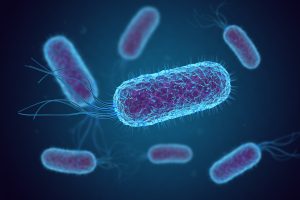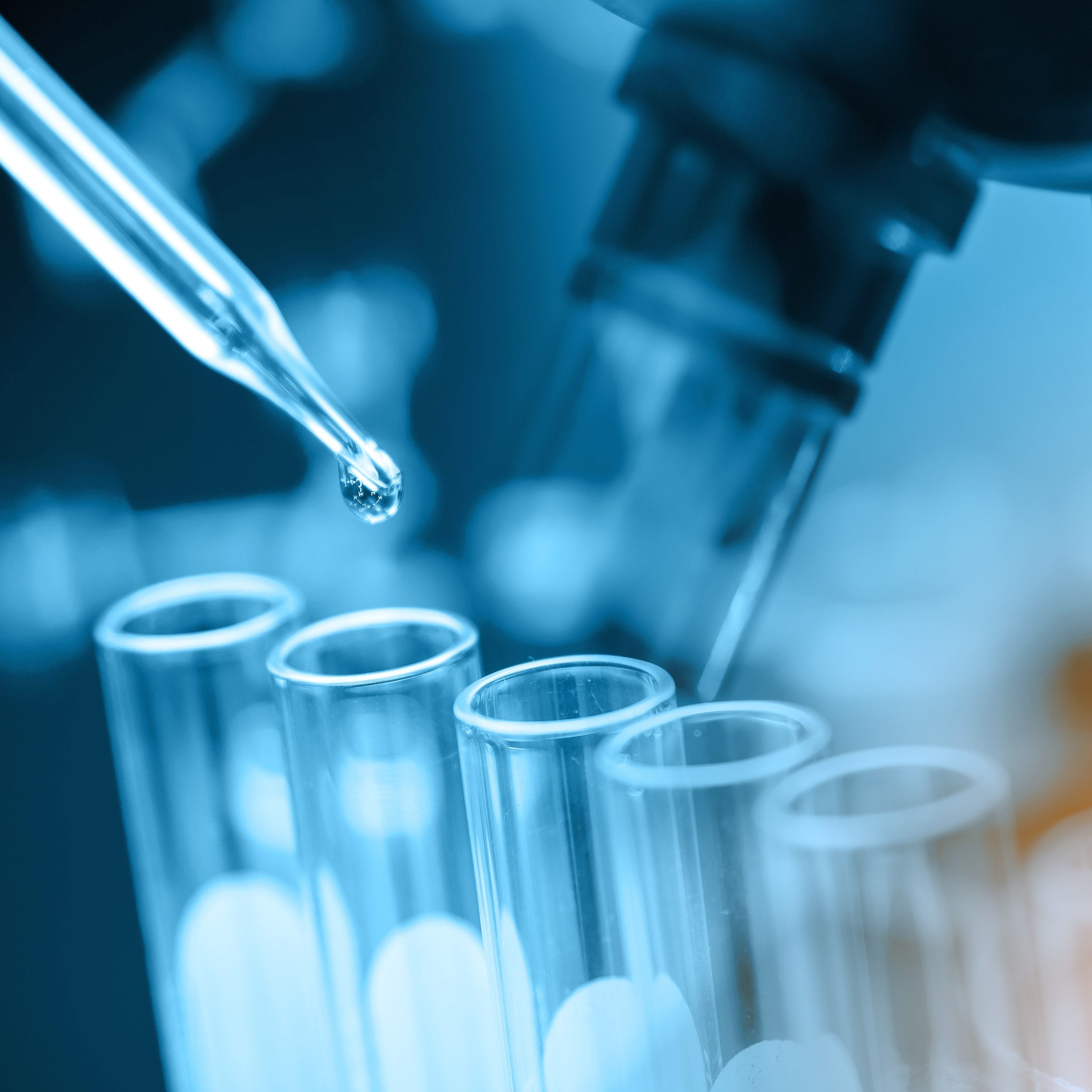About phages
Bacteriophages, or phages, are the most numerous organism on the planet. They are everywhere in our environment and our microbiome. Phages protect animals and humans from bacteria and control the number of bacteria in the environment.


We are thrilled to announce that PhageEU established by Proteon Pharmaceuticals, JAFRAL, and PTC Phage Technology Center, is now officially registered as ASBL with its seat in Brussels, as of 11 July 2024.
PhageEU is dedicated to representing the interests of the phage community and facilitating access to phage technology in the EU. With its headquarters and secretariat in Brussels, PhageEU is poised to shape the political and regulatory agenda in Europe, ensuring the full potential of phages is realized for the benefit of EU citizens, patients, and farmers.
We are now open to welcoming new members from Europe and around the world. Membership is available to a wide range of representatives within the phage community, including companies, associations, think tanks, academic institutions, researchers, and individuals active in phage technology.
If you are interested in joining PhageEU or learning more about our organization, please contact us for further information.
Join us in our mission to advance phage technology and improve health outcomes across Europe!
Bacteriophages, or phages, are the most numerous organism on the planet. They are everywhere in our environment and our microbiome. Phages protect animals and humans from bacteria and control the number of bacteria in the environment.


We are a coalition of likeminded stakeholders who represent phages in industry, the scientific community and civil society. We want to realize the full potential of phages in Europe.